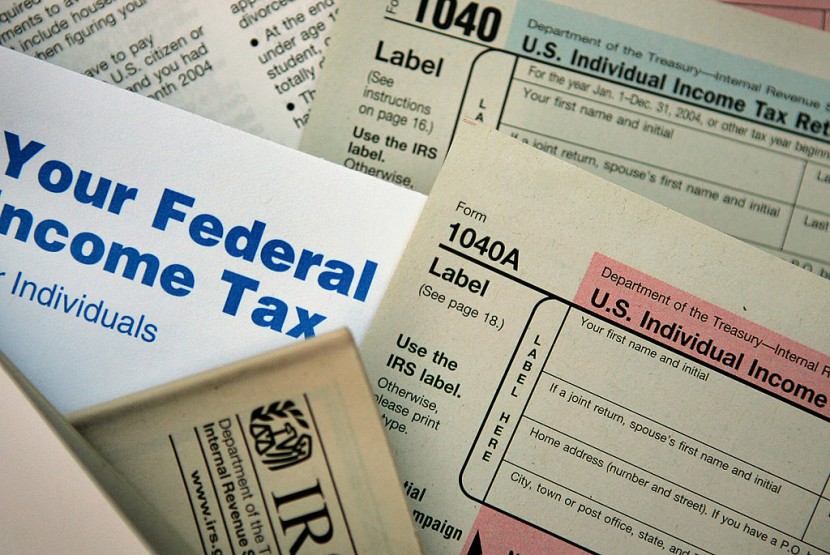
The Internal Revenue Service (IRS) has issued a warning regarding a new tax refund scam being mailed out to taxpayers to trick them into believing that they are owed a refund.
The agency said that the letter, placed inside a cardboard envelope, includes an IRS masthead and says it is in "relation to your unclaimed refund." The scam letter also includes contact information, but it was found that the phone number posted was not an IRS number.
IRS Warns Against New Tax Refund Scam
Recipients of the letter were then asked to share a driver's license image, which the IRS warns can be used by identity thieves. Furthermore, people were asked to share their cellphone numbers, bank routing information, Social Security number, and bank account type.
In a statement, IRS Commissioner Danny Werfel said this is the latest in a series of attempts by identity thieves disguising themselves as the IRS. They are hoping to trick people into providing valuable personal information to steal their identities and money, including tax refunds, as per Yahoo News.
Werfel added that these scams could come through email, text, or even in special mailings, and he warned people to be careful and watch out for red flags that mark them as IRS scams.
Officials said that some of the warning signs that indicated that the letters were fake were the awkwardly-worded requests, including asking for "A Clear Phone of Your Driver's License That Clearly Displays All Four (4) Angles, Taken in a Place with Good Lighting."
Furthermore, the letter claims that a taxpayer must supply the information to get their supposed refund. It read that the information must be given to a filing agent who will help them submit their unclaimed property claim.
On top of the strange wording in the letter, there was odd punctuation and a mixture of different fonts. The content of the letter also included inaccurate information regarding tax return deadlines, according to CBS News.
Warning Against Potential Scams
Authorities said taxpayers could get real mail from the IRS, and the agency contacts them using regular mail that the US Postal Service delivers. They warned that the agency would never initiate contact with taxpayers using email, text, or social media platforms.
IRS officials added that people should never be clicking on unsolicited communication that claims to be from the agency itself. If they receive such fraudulent mail, taxpayers should report phishing scams to phishing@irs.gov, or they could report scams to the Treasury Inspector General for Tax Administration or the Internet Crime Complaint Center.
The agency also has an annual list of common scams that taxpayers could encounter, known as the "Dirty Dozen." Many of these fraudulent attempts peak during tax filing season as people begin to prepare their returns or hire professionals to help with their taxes.
According to Forbes, officials warn that people should be aware of these scams as they put taxpayers and tax professionals at risk of losing money, personal information, data, and more.
Related Article : Walt Nauta Arraignment in Classified Docs Case Delayed








